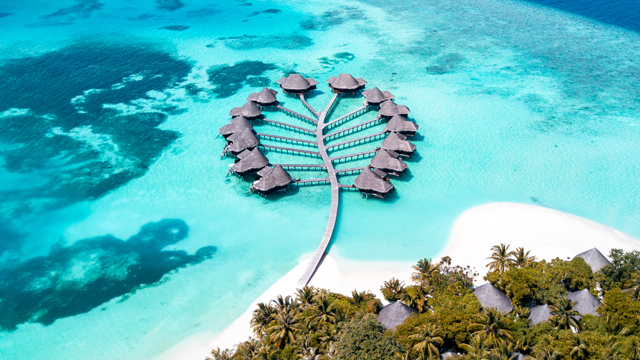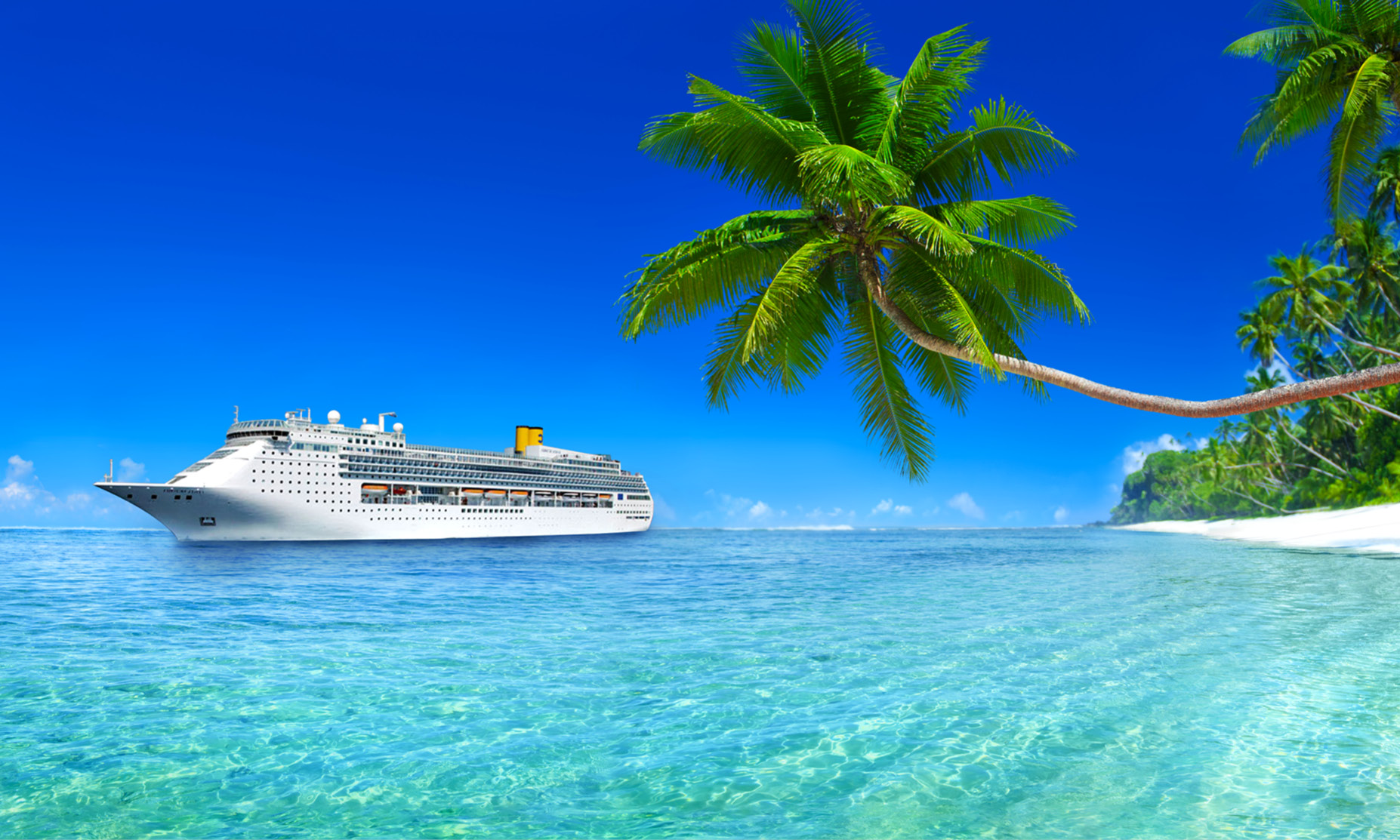Coco Collection, a prominent Maldivian resort brand, has been celebrated at the 2024 Seven Stars Luxury Hospitality and Lifestyle Awards, with both Coco Bodu Hithi and Coco Palm Dhuni Kolhu earning accolades for their exceptional luxury hospitality.
The Seven Stars Luxury Hospitality and Lifestyle Awards, renowned as the ultimate authority in luxury recognition, serve as a trusted guide for sophisticated travelers and lifestyle enthusiasts worldwide, particularly in India and the Middle East.
Coco Bodu Hithi, acclaimed for its romantic ambiance, has been awarded the title of Best Luxury Honeymoon Resort in the Maldives. This recognition underscores the resort’s outstanding service and its ability to create unforgettable experiences for couples seeking a serene getaway.
The resort’s appeal to diverse guests, including Indian celebrities like Mouni Roy and Surbhi Jyoti, demonstrates its ability to curate unique and memorable stays. Signature experiences such as the Sunset Cruise and the intimate Dinner Under the Stars in a private pergola exemplify the resort’s dedication to delivering personalized luxury.
Meanwhile, Coco Palm Dhuni Kolhu, celebrated for its eco-conscious ethos, has been named the Best Barefoot Luxury Resort in the Maldives. This award highlights the resort’s steadfast commitment to sustainability and environmental stewardship, even 25 years since its establishment.
The resort’s dedication to ecological practices has also earned it recognition at the World Luxury Hotel Awards, where it received multiple accolades in key categories that align with its advocacy for sustainable tourism.
This winter, guests can bask in the Maldivian sunshine at Coco Bodu Hithi and Coco Palm Dhuni Kolhu with the exclusive Discover Coco offers, featuring discounts of up to 40% on spacious, comfortable villas. For reservations, contact [email protected] and secure an extraordinary tropical escape.




